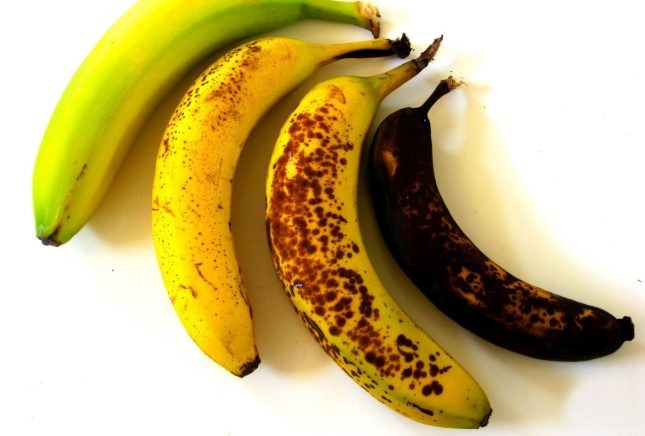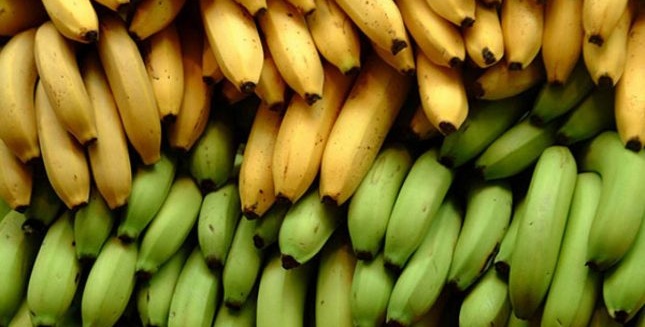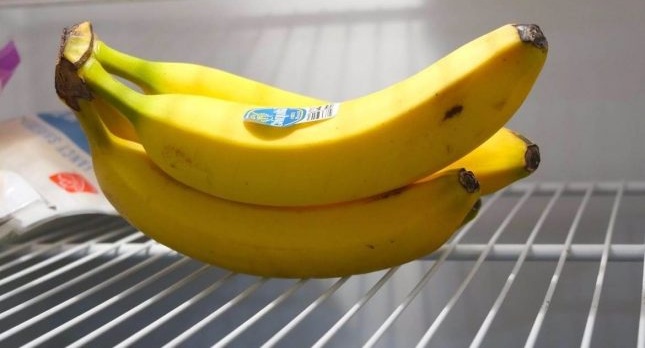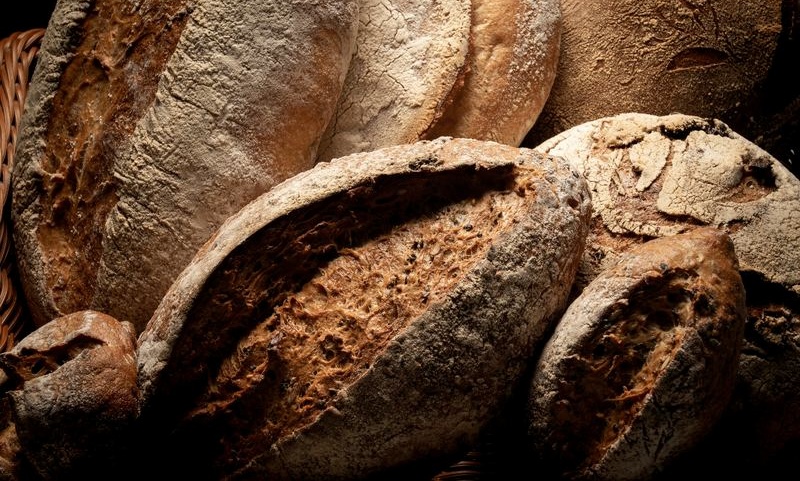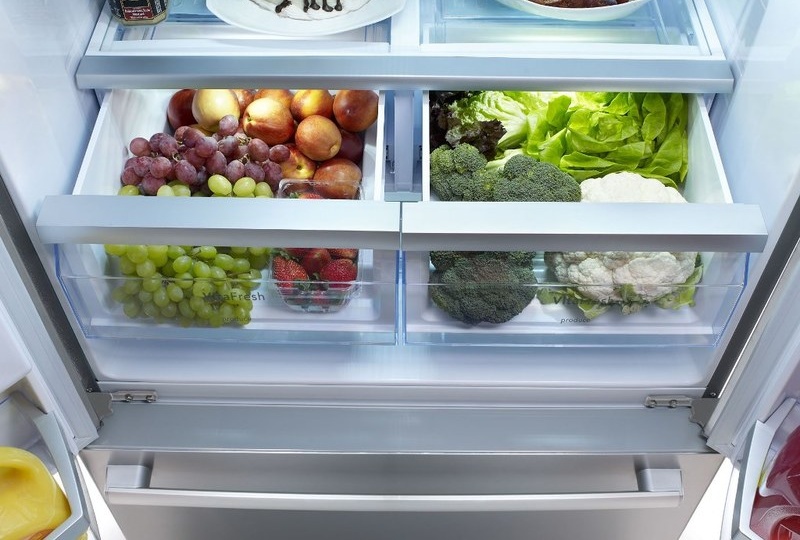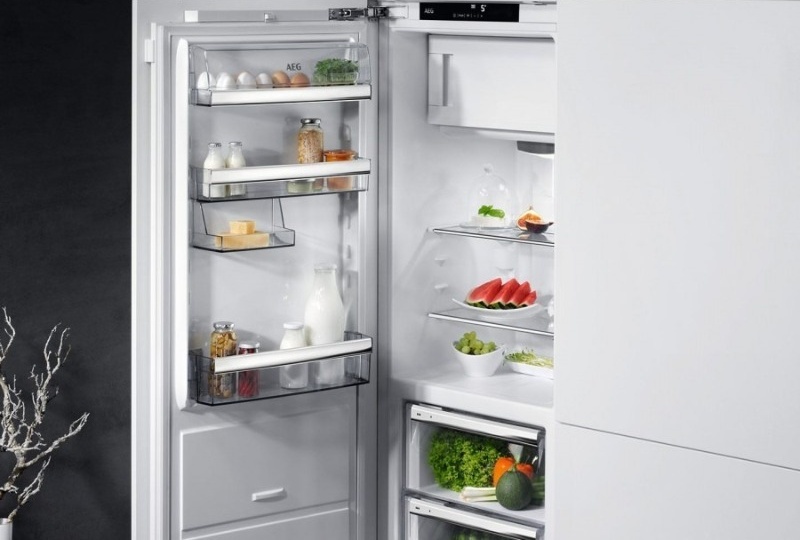A common mistake: why bananas cannot be stored in the refrigerator
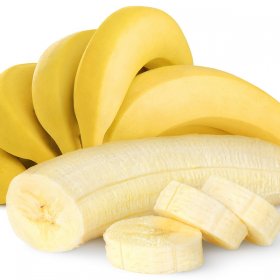
People store food as they used to, and as was customary in their parents' home, but few people wonder how right it is. It is not surprising that disagreements periodically arise regarding a particular product, and banana is one of the prominent representatives of this controversial list. We suggest figuring out whether to put an exotic fruit in the refrigerator and how to store it in general.
Pros and cons of storing bananas in the refrigerator
In most cases, people put banana in the refrigerator, like other products, to extend its shelf life. In general, there is no direct harm from such an action, the fruit does not become dangerous or harmful. But there are a number of nuances due to which such storage is undesirable:
- Fast blackening of the peel. The process of changing the color of a banana is explained by the presence of complex carbohydrates in the fruit, which decompose under the influence of oxygen, causing darkening and a change in taste. At a temperature in the refrigerator’s chamber (usually from +3 to +6), decay accelerates, which is why the peel darkens faster. But there is one feature - in the refrigerator, the changes affect the peel, but the flesh in the cold deteriorates more slowly, therefore sweet ripened fruits are preserved in this way despite a quick spoilage of appearance.
- Slowing down ripening. If the banana is green or has not yet fully ripened, then being in the refrigerator simply will not allow it to reach a ripe state. During ripening, starch is transformed into glucose, and the fruit becomes sweet. If this process is not implemented at a temperature of +12 to +16 degrees, then there will be no sweetness, and starch will become a problem for the human intestines, causing increased gas formation.
- Loss of flavor. Banana is an exotic product grown in hot climates. After cooling, its aroma and taste will not be the same.
It is advisable to store already peeled fruits in the cold. If the pieces are left without a peel, you can sprinkle them with lemon juice, slow down the blackening, and place in a closed plastic container in the refrigerator. The pulp can be stored in this way during the day.
The content of ripe banana in the refrigerator does not particularly affect its benefit, but, on the contrary, prevents rapid damage to the pulp. Like any overripe fruit, a dark banana inside does not bring much benefit, but mainly contains only sugars.
Thus, the storage of bananas in the refrigerator is acceptable, but only if they are already ripe and there is a need to slightly extend the shelf life. Green and incompletely ripened bananas in the cold is no place - there they simply can not get there. An ideal place to store exotic fruit - in limbo without a bag in a non-hot place and without access to the sun.
Bananas do not need to be stored in the refrigerator - they are perfectly stored at room temperature in a dark place. In addition, when warm, they have the opportunity to finish off if they were originally purchased in green. But if the fruit is already ripe and ready to deteriorate, it is still better to send it to the refrigerator - so the pulp will last longer.
